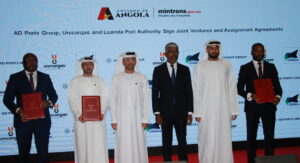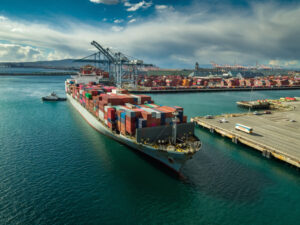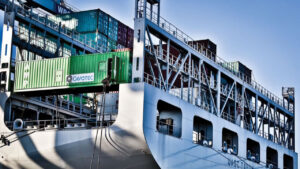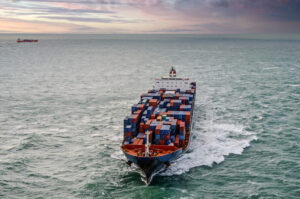-
IMO secretary-general highlights shipping’s central role towards a sustainable future
Today marks the 36th celebration of World Maritime Day under the theme Sustainable Development – IMO's contribution beyond Rio+20.
In his World Maritime Day message, IMO secretary-general Koji Sekimizu said that maritime transport was central to sustainable development, as the world's only really reliable, global, cost-effective and energy-efficient mass transportation method for energy, materials, foods and industrial products.
“The maritime transportation system itself must, therefore, ensure that its development is also sustainable,” said Sekimizu, who added that this blanket term included not just the operation of ships, but all the activities that are vital to support shipping. This includes the operation of maritime traffic management systems, global communication systems and ports and multi-modal connections.
“Shipbuilding and classification, ship registry and administration, ship finance, ship repairing, ship recycling, the education and training of seafarers, are all part of the system – as, indeed, are search and rescue services, maritime security agencies, coast guards and maritime law enforcement agencies and many others, too,” added Sekimizu.
“They all have a part to play in defining and achieving a sustainable Maritime Transportation System.”
“Because the Maritime Transportation System is so essential to the continued development and future growth of the world economy, IMO will continue to take the lead in supporting it with the appropriate global standards and by helping to promote, through technical co-operation, the necessary national maritime transportation policies and institutional frameworks for a sustainable Maritime Transportation System.”
The concept of a Sustainable Maritime Transportation System will be discussed at a symposium today at the IMO Headquarters in London.
United Nations Secretary-General Ban Ki-moon also issued a message for World Maritime Day, in which he noted that this year’s World Maritime Day fell at an important time, as the United Nations was leading the final stretch of its global campaign to address human suffering through the Millennium Development Goals while shaping a vision for the post-2015 period.
“In this effort, we value maritime transport as a cost-effective and energy-efficient link in the global supply chain,” said Ban.
“Let us use this occasion to reaffirm our commitment to optimise the management of maritime transport to support sustainable development.”
Video courtesy of the IMO








